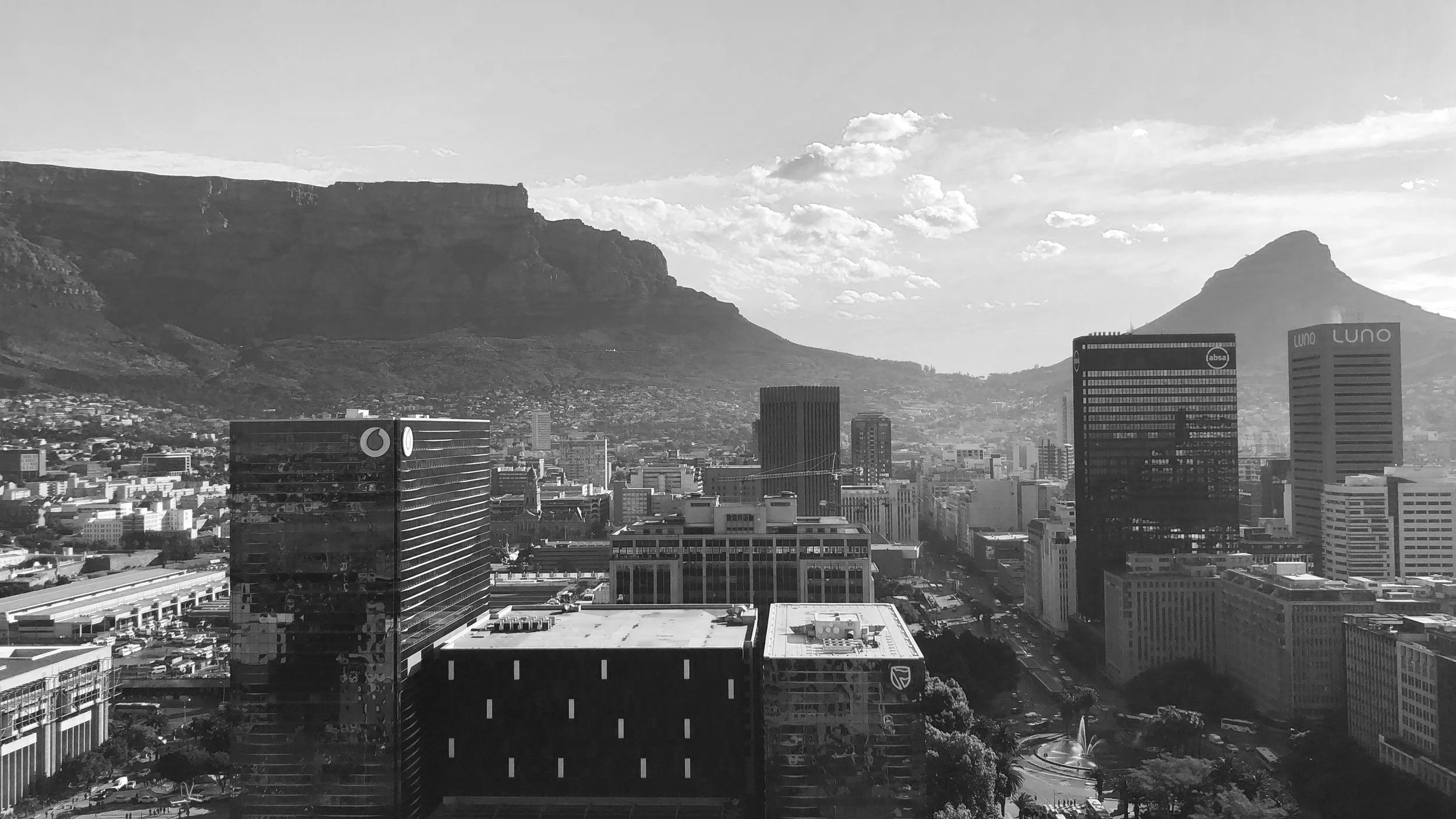Why 1% of venture financing matters more than you think in Africa
Digging deeper into the data
Briter’s Africa Investment Report 2022 highlighted that 2022 was a record year for funding to African startups while other regions suffered significant downturns. However, this still only accounted for 1% of the global share of venture funding. But how do you contextualise 1% for a continent whose GDP makes up only 2 to 3% of global GDP? How do you compare how this funding is distributed across countries in Africa with vastly different market sizes?
In our second digging deeper into the data series we are borrowing an indicator from the OECD - venture capital as a percentage of GDP - to explore this question in more detail. The indicator allows us to take into account the vastly different size and nature of markets and regions when looking at their startup funding.
For the article, we use Briter Intelligence data for venture capital in Africa and CB insights’ State of Venture 2022 report for the other regions. We also use publicly available GDP data from the World Bank. All data is as of 2022.
1. Contextualising the size of Africa’s venture funding with it’s GDP shows a slightly different picture.
The chart above shows that when taking into account GDP, the share of venture funding to Africa looks very different. For example, while Africa’s venture funding landscape lags North America by 30x, it only lags contribution to GDP by about a quarter. It currently, exceeds Latin America and is less than half of Asia.
2. There are several countries in Africa that compare to other leading emerging market ecosystems when looking at venture funding as a percentage of GDP.
Israel and Singapore have led the way globally in terms of small markets that have outperformed in venture funding. However, several African startup ecosystems also perform well when compared to other regions. For example, Kenya lags behind Egypt, Nigeria and South Africa in GDP, but matches, and in some cases exceeds them in venture funding received. The other notable countries are Senegal and Tunisia. Both countries have introduced regulations to support startups, as well as attract foreign investors. While they do lag behind the Big 4 in terms of funding (both receive about a tenth of what Nigeria and Kenya receive), when taking into account the size and realities of these markets, they are outperforming most ecosystems in Africa.
3. Within Africa, the share of funding as a percentage of GDP shows a different story amongst the “Big 4”.
The story of funding into startups in Africa has always been dominated by the big 4 of Egypt, Kenya, Nigeria and South Africa. And this has been for good reason. They continue to attract the lion's share of funding. But looking at this funding as a percentage of GDP, a different story emerges. For example, South Africa is the wealthiest country in Africa, but is barely keeping up with the Big 4 and lags the regional average when looking at startup funding as a percentage of GDP. Alternatively, newcomers like Ghana, Tunisia and Uganda are all trying to make themselves more attractive destinations for startups and investors. Mauritius is a bit of an outlier because many of the companies that are headquartered there don’t actually operate in Mauritius.
So what?
Funding flowing into startup ecosystems in Africa looks slightly different when accounting for market size. Several startup ecosystems in Africa are on par with North America, Europe and Asia in terms of venture funding as a percentage of GDP. There are also a few such as Ghana, Senegal, Tunisia and Uganda that are punching above their weight. DFIs recognise these growing ecosystems and are increasingly looking towards funding startups as a way to drive innovation and contribution to socio and economic developments in Africa. British International Investment (BII) recently announced that it has earmarked $250m for investment into African tech companies. The IFC has launched a $225m fund to back early-stage startups in Africa, Central Asia, Middle East and Pakistan. The Netherlands’ Dutch Entrepreneurial Bank (FMO) continues to make direct investments.
African startups’ registration abroad may raise questions about their real contribution. Mauritius is a good reminder that many startups in Africa register in more attractive regulatory destinations in Africa and outside of Africa, such as in the UK or the US, as a way to access growth and late stage capital from international investors. In many cases they set up shelf companies in these destinations with the funding directed back to the original destination. It raises good questions about how much of the 1% of venture funding is really in Africa. Interviews with startups have confirmed that most business activities remain in these home countries, but there may be slow secondary effects to keep track of. For example, offshoring has become part of being a startup in South Africa. More and more startups are leaving earlier and earlier and it’s showing up in the funding data.
Looking beyond the total funding could bring a different perspective to startup ecosystems. Last, and perhaps most importantly, how do we take into account the vastly different market realities when looking at total funding and numbers of deals to startup ecosystems in Africa? It has been an excellent way to attract attention into Africa’ growing startup ecosystem, but what other indicators may be interesting to explore? This is something we’ve been thinking about at Briter. As a result, we’ve integrated macroeconomic data from the World Bank into our newly released Briter Intelligence platform so that subscribers can explore different indicators to help them make sense of the contribution and opportunities of the startup ecosystem in Africa. We’d love to hear what you would find most useful!
In our next article in ‘digging deeper into the data’ series, we will be exploring what sectors and products outperformed or picked up momentum in 2022 and what you should be on the lookout for in 2023. As always, follow us here to stay updated on the latest data and insights coming out of Briter or sign up for a demo of the Briter Intelligence platform here.




